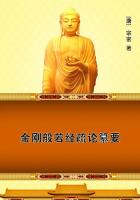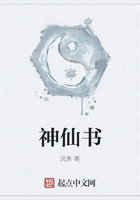The one will be the broad and clear-cut channel of naturalism, down which will course a drama poignantly shaped, and inspired with high intention, but faithful to the seething and multiple life around us, drama such as some are inclined to term photographic, deceived by a seeming simplicity into forgetfulness of the old proverb, "Ars est celare artem," and oblivious of the fact that, to be vital, to grip, such drama is in every respect as dependent on imagination, construction, selection, and elimination--the main laws of artistry--as ever was the romantic or rhapsodic play: The question of naturalistic technique will bear, indeed, much more study than has yet been given to it. The aim of the dramatist employing it is obviously to create such an illusion of actual life passing on the stage as to compel the spectator to pass through an experience of his own, to think, and talk, and move with the people he sees thinking, talking, and moving in front of him. A false phrase, a single word out of tune or time, will destroy that illusion and spoil the surface as surely as a stone heaved into a still pool shatters the image seen there. But this is only the beginning of the reason why the naturalistic is the most exacting and difficult of all techniques.
It is easy enough to reproduce the exact conversation and movements of persons in a room; it is desperately hard to produce the perfectly natural conversation and movements of those persons, when each natural phrase spoken and each natural movement made has not only to contribute toward the growth and perfection of a drama's soul, but also to be a revelation, phrase by phrase, movement by movement, of essential traits of character. To put it another way, naturalistic art, when alive, indeed to be alive at all, is simply the art of manipulating a procession of most delicate symbols. Its service is the swaying and focussing of men's feelings and thoughts in the various departments of human life. It will be like a steady lamp, held up from time to time, in whose light things will be seen for a space clearly and in due proportion, freed from the mists of prejudice and partisanship. And the other of these two main channels will, I think, be a twisting and delicious stream, which will bear on its breast new barques of poetry, shaped, it may be, like prose, but a prose incarnating through its fantasy and symbolism all the deeper aspirations, yearning, doubts, and mysterious stirrings of the human spirit; a poetic prose-drama, emotionalising us by its diversity and purity of form and invention, and whose province will be to disclose the elemental soul of man and the forces of Nature, not perhaps as the old tragedies disclosed them, not necessarily in the epic mood, but always with beauty and in the spirit of discovery.
Such will, I think, be the two vital forms of our drama in the coming generation. And between these two forms there must be no crude unions; they are too far apart, the cross is too violent. For, where there is a seeming blend of lyricism and naturalism, it will on examination be found, I think, to exist only in plays whose subjects or settings--as in Synge's "Playboy of the Western World," or in Mr. Masefield's "Nan"--are so removed from our ken that we cannot really tell, and therefore do not care, whether an absolute illusion is maintained. The poetry which may and should exist in naturalistic drama, can only be that of perfect rightness of proportion, rhythm, shape--the poetry, in fact, that lies in all vital things. It is the ill-mating of forms that has killed a thousand plays. We want no more bastard drama; no more attempts to dress out the ****** dignity of everyday life in the peacock's feathers of false lyricism; no more straw-stuffed heroes or heroines; no more rabbits and goldfish from the conjurer's pockets, nor any limelight. Let us have starlight, moonlight, sunlight, and the light of our own self-respects.
1909.















